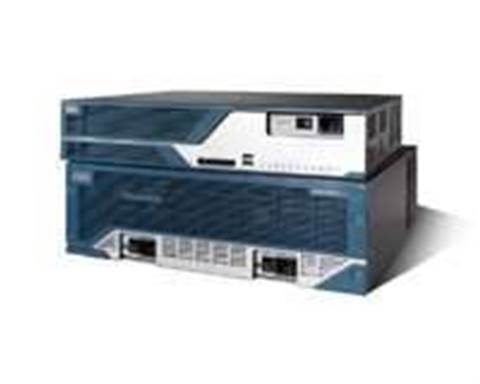The head of a US-based counterfeit racket that exploited Cisco's brand faces years in jail after being convicted for money laundering and customs abuses.
The leader of the operation, Chun-Yu Zhao, altered Cisco products by using pirated software and creating labels and packaging to mislead consumers, according to a statement by the Justice Department.
Zhao sourced the computer networking equipment from a Hong Kong-based company, Hon Tong Technology, which she had operated with her family.
The customer face of the company’s US operations was Virginia-based company, JDC Networking Inc, which sold the fake gear to customers.
Zhao had amassed sizable assets from the operation, with a jury asked to decide whether she should forfeit two Porsches, one Mercedes, bank accounts containing over US$1.6 million and seven properties worth US$2.6 million.
JDC’s website continues to offer to buy and refurbish old Cisco, Juniper and Extreme Networks equipment, however its “Current Cisco Items” page is inactive.
Zhao will be sentenced on August 26 and faces two 20 year prison sentences a piece for each count of money laundering and importing improperly declared goods, and a further 10 years on each count of trafficking in counterfeit goods.
She’s the second person in May to have been convicted for running an operation that exploited Cisco’s brand.
Earlier this month, the leader of a warranty scam which targeted Cisco was sentenced to seven years prison and ordered to pay half of an US$18 million restitution fee.
Cisco has waged a long campaign against counterfeiters, tapping law enforcement to stamp out the business, according to Dave Walters, Cisco's director of global business operations for brand protection.
Walters pointed to 30 convictions in 2010 and related networking equipment seizures valued at over US$143 million as part of Operation Network Raider, which followed Operation Cisco Raider.
One of the convicted, a Saudi citizen living in the US, had purchased counterfeit Cisco Gigabit Interface Converters from an online store in China and intended to sell them to the US Department of Defense to support personnel operating in Iraq.






.png&h=142&w=230&c=1&s=1)

_(27).jpg&h=142&w=230&c=1&s=1)



.jpg&w=100&c=1&s=0)
_(8).jpg&w=100&c=1&s=0)











